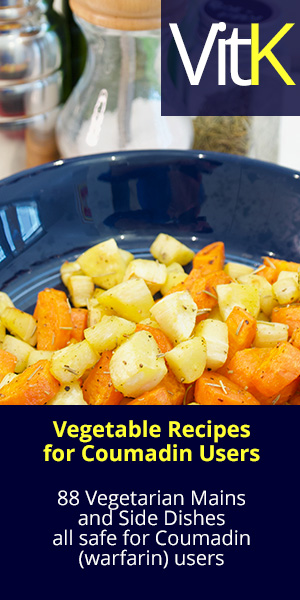
Is eating dessert good or bad for you?
Desserts are an important part of eating well and eating healthy. The key to making dessert part of your healthy diet is that you should consider desserts as a special part of your life. Dessert is not something that should be eaten every day.
A good goal is for desert is for them to be 200 calories or less per serving. Try to minimize simple sugars wherever possible. Using non-nutritive sweeteners like allulose can work well but sometimes simply minimizing the amount of sugar in a particular recipe can be very effective.
For instance, one of the simplest and most refreshing desserts is good fresh fruit. Whatever is in season is always going to be the best choice. There's nothing better than fresh sliced strawberries, peaches, raspberries, blackberries or blueberries. Tossing fruit with a little bit of sugar (about a half teaspoon per serving) and letting it chill for at least an hour makes for a great syrup. Top this with a 1/4 cup of greek yogurt mixed with 1/2 teaspoon of honey. The fruit will be about 100 calories and 1/4 cup of the yogurt has only 30 calories. 150 calories of fat free goodness.
The same is true for some of your favorites from childhood, including making your own pudding. It is always best to think of dessert as something healthier like this, because you can cut back on portions at other meals to help balance your calories.
There are a lot of great, ready to eat desserts that you can have that are well under 200 calories and are right off the shelf. Here are some ideas:
Häagen Dazs Fat Free Sorbets
Häagen Dazs Chocolate Sorbet Bar
Fudgesicle No Sugar Added Frozen Bar
Häagen-Dazs Raspberry & Vanilla Frozen Yogurt Bars
For those with less will power, it's also helpful to purchase desserts that come in individual packs or go out for a dessert--to the frozen yogurt store, for instance. Eat your single dessert, make sure it's one that you love and enjoy it!
All of this said, every now and then have a one of your favorites, especially on special occasions.
Eating Healthy: the Basics
The How and Why of healthy eating. Everything from why you should eat breakfast to whether red meat or coffee is bad or good for you, all in straightforward terms.



